CHRONO TRIGGER
CHRONO TRIGGER was developed with a dream team including Final Fantasy creator Hironobu Sakaguchi, DRAGON QUEST creator Yuji Horii, and Dragon Ball creator Akira Toriyama. The story kicks off with Crono, a silent protagonist attending a medieval fair where his friend Lucca unveils a teleportation device. Things go sideways when Crono’s new acquaintance, Marle, gets zapped into a time portal, sending him on a quest through different eras; past, present, future, and even prehistory, to save her and eventually, the world from an apocalyptic entity called Lavos. Along the way, he picks up a ragtag crew, including a frog knight, a rebellious princess, a robot from the future, and a cavewoman with a killer right hook. The game’s time travel mechanics aren’t just a gimmick; they’re woven into the story, puzzles, and even side quests, making choices in one era ripple into others.
| GAME DATASHEET | |
|---|---|
| Name | CHRONO TRIGGER |
| Genre | JRPG |
| Console | SNES, PlayStation, NDS |
| Released | 1995 |
| Developer | SQUARE ENIX |
| Publisher | SQUARE ENIX |
| Language | Japanese | English | French |
The combat is turn based but with a twist, the Active Time Battle system from Final Fantasy, where enemies move in real time unless you pause, but what sets it apart are Techs (special abilities) and Double/Triple Techs, where party members combo their moves for devastating effects. No random encounters here, enemies are on screen and some can even be avoided. The game also nails pacing; dungeons are tight, puzzles are clever but never tedious, and the side quests (especially in the late game) flesh out characters meaningfully. Plus, the New Game+ feature lets you replay the story with all your stats intact and unlock multiple endings, there are like 12 of them!
The writing is surprisingly deep for a 16-bit game. Each character has a fleshed out arc: Robo’s existential crisis, Frog’s redemption, Lucca’s guilt over her past, and the time-travel premise lets the game explore heavy themes like destiny, sacrifice, and consequence without feeling preachy. The villain, Lavos, is more of a force of nature than a mustache twirling bad guy, which works because the real drama comes from how people across time deal with its threat.
This game was ahead of its time, literally. Its multiple endings, seamless gameplay, and emphasis on player choice influenced tons of RPGs that came after. Even today, it holds up shockingly well, thanks to its tight design and lack of filler.
The soundtrack expansion patch adds back cut songs like Battle 2 and Singing Mountain, plus tracks from laters releases like One Sunny Day When We Met, all running natively on the SNES sound chip. No cheap tricks, just pure 16-bit magic.
| SOUNDTRACK EXPANSION | |
|---|---|
| Released | 2023 |
| Author | PowerPanda |
CHRONO TRIGGER+ restores content, ever wanted to fight Octorider or Johnny? Now you can. The linearity changes shake up the game’s structure and gameplay tweaks smooth out rough edges. Triple Techs no longer hog accessory slots, Spekkio’s form changes based on your progress and Charm is less OP. XP is faster but spread out, making progression feel better. And shoutout to the Mystic Edition for the DS version, which fixes the Fiends mistranslation back to Mystics and tweaks sprites.
| CHRONO TRIGGER+ | |
|---|---|
| Released | 2017 |
| Updated | 2025 |
| Author | ThegreatBen |
| MYSTICS EDITION | |
|---|---|
| Released | 2022 |
| Author | G-bit |
Differences between versions
The SNES original is the purest version: no loading times, crisp 16-bit visuals, and the classic translation with some quirky censorship and a few tracks cut from the final release. The PlayStation version added anime cutscenes (animated by Dragon Ball’s studio), which look gorgeous but come with brutal load times, even entering battles takes forever. It also includes a CHRONO CROSS teaser and a few extra modes, like the Monster Arena. The translation is mostly the same as the SNES, but the sluggish performance makes it the least favorite.
The DS version is the definitive edition for most people. It keeps the anime cutscenes, now without PS1-era loading, adds a full bestiary, an extra dungeon and a monster collection sidequest. The translation was tweaked to be more accurate, and there’s even a Lost Sanctum side area, tho its fetch quests drag. The dual screen UI is handy, and the added content gives more to do.

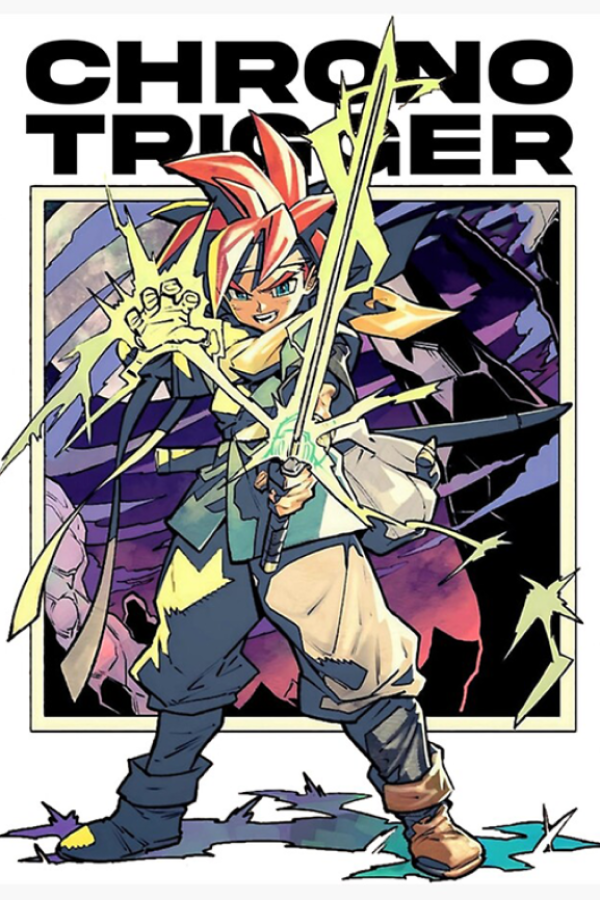
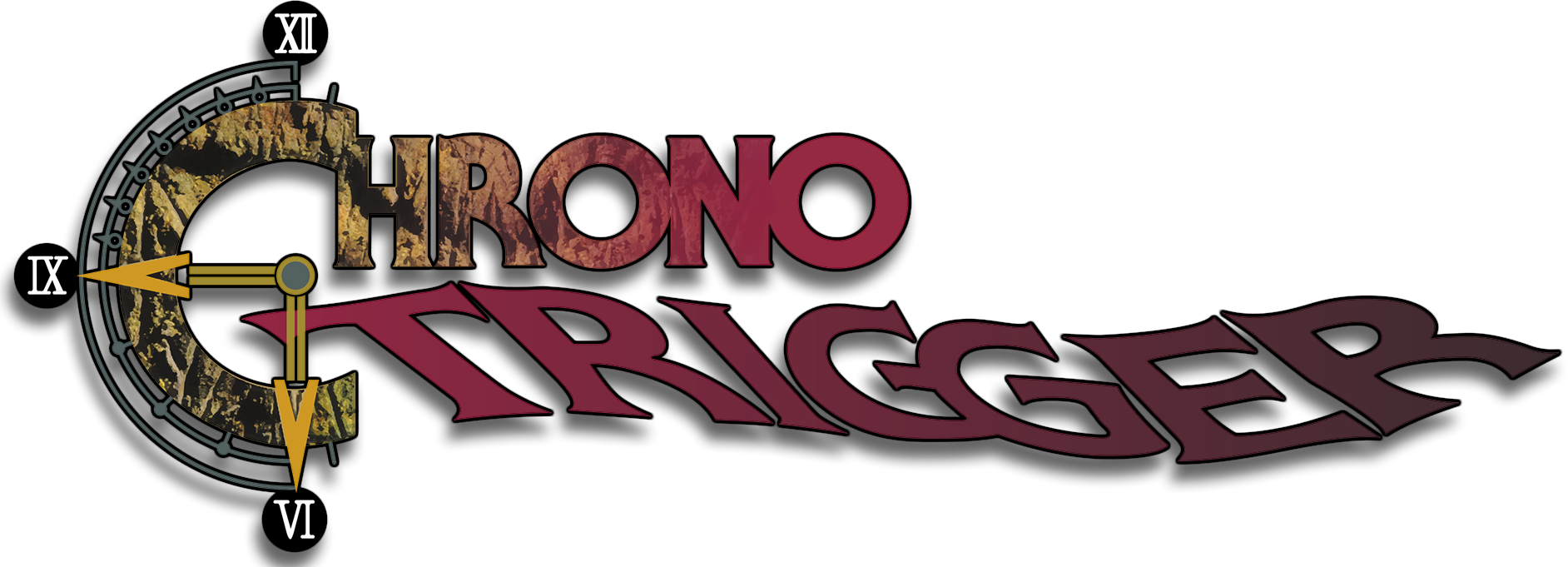
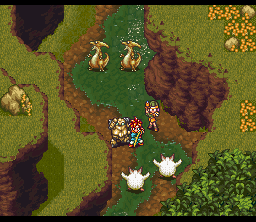
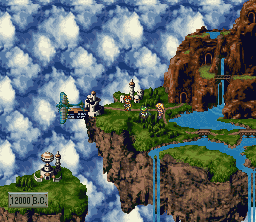
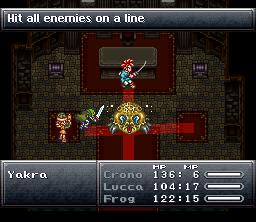
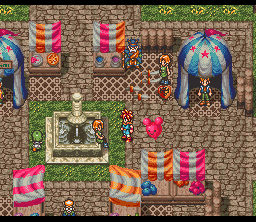
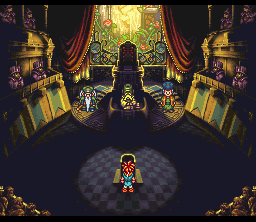

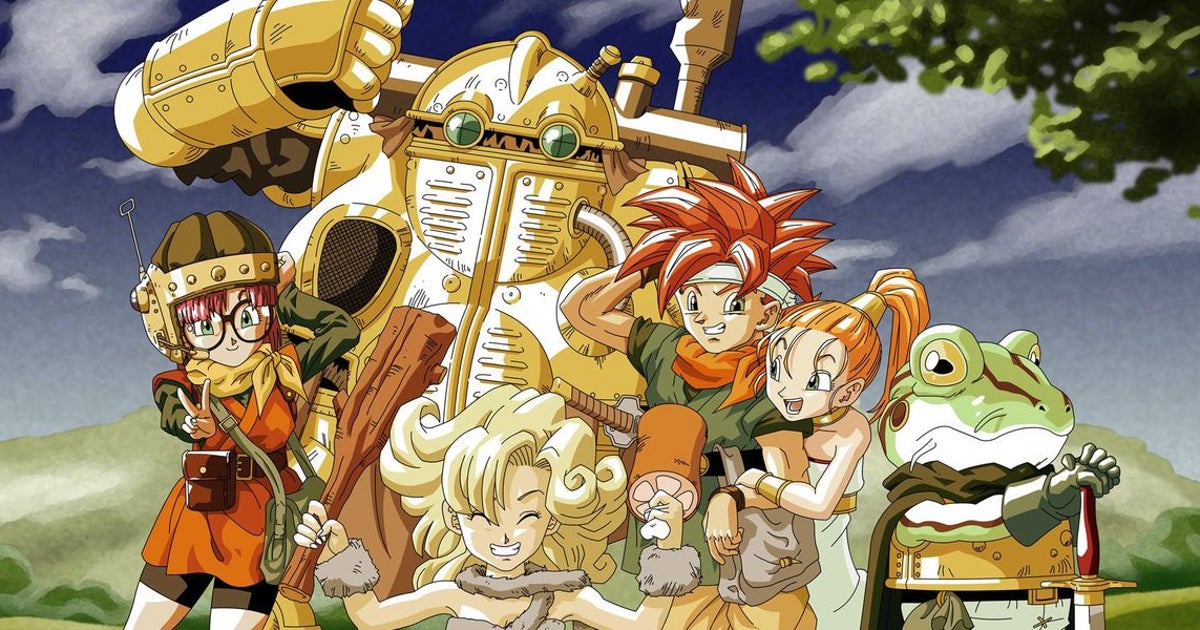
%20QR.png)
%20QR.png)

%20QR.png)
%20QR.png)
%20QR.png)
%20QR.png)
%20QR.png)
.png)
.png)
Join the conversation